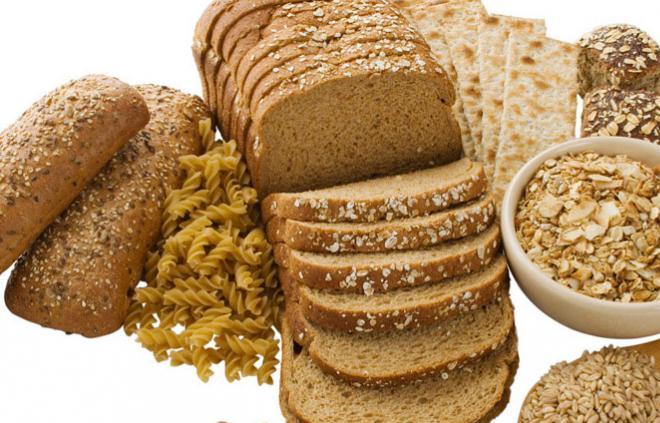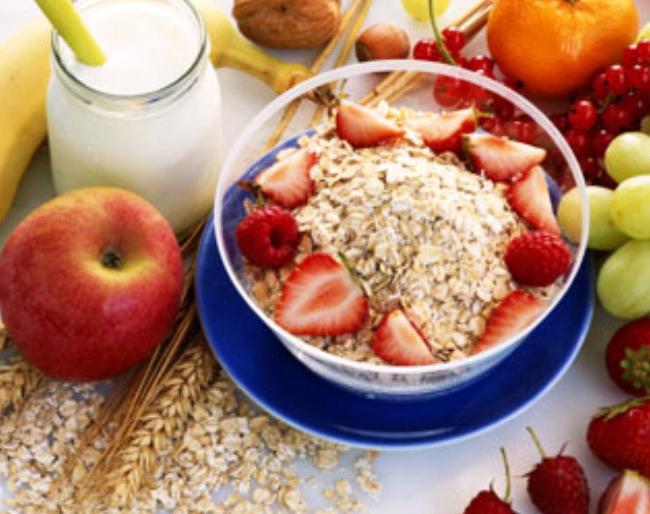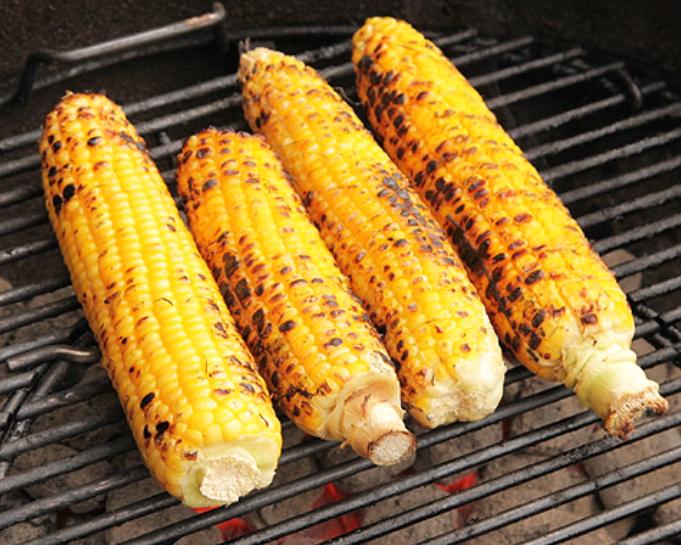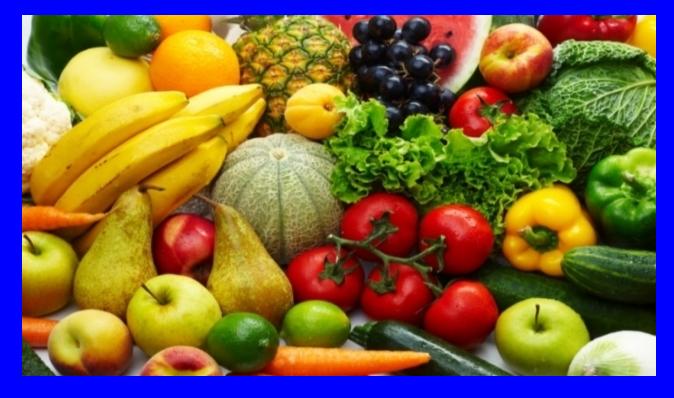 If you are of a certain age, you remember eating white Wonder bread as a kid. Kids liked that soft squishy bread that Mom piled high with peanut butter and jelly. Back in the 60s, the catch phrase for white Wonder Bread was “Wonder helps build strong bodies 12 ways” because this bread was chock full of nutrients. Through the years, Wonder Bread has added to their product line, so, in addition to the classic white bread, you can now get the same texture of bread but in whole grain. Mom is doubly happy to serve it to the kids and it still has that same moist texture that kids loved.
If you are of a certain age, you remember eating white Wonder bread as a kid. Kids liked that soft squishy bread that Mom piled high with peanut butter and jelly. Back in the 60s, the catch phrase for white Wonder Bread was “Wonder helps build strong bodies 12 ways” because this bread was chock full of nutrients. Through the years, Wonder Bread has added to their product line, so, in addition to the classic white bread, you can now get the same texture of bread but in whole grain. Mom is doubly happy to serve it to the kids and it still has that same moist texture that kids loved.
 Though most of us enjoy good health, we should never take it for granted. Always there is the fear of the unknown, something catastrophic that would take our good health away and that is the scariest notion. Like the Zika virus for instance. Or last year’s widespread flu epidemic since the virulent virus did not match the flu serum for the 2014-2015 flu season.
Though most of us enjoy good health, we should never take it for granted. Always there is the fear of the unknown, something catastrophic that would take our good health away and that is the scariest notion. Like the Zika virus for instance. Or last year’s widespread flu epidemic since the virulent virus did not match the flu serum for the 2014-2015 flu season.
But how about type 2 diabetes? While it is not classified as an infectious or communicable disease, the incidence of adult-onset diabetes is growing at an alarming rate, even showing up in teens and children. It is estimated that more than 29 million Americans have diabetes; unbelievably, about 8 million don’t even know they have the disease.
 From the Memorial Day weekend until Labor Day weekend, sometimes it is all one big food fest, isn’t it? There are picnics and barbeques and family get-togethers galore. Most of these events involve potluck meals, with everyone toting along a different dish. Of course you don’t want to hurt anyone’s feelings, so you have to try everyone’s special dish, and before long, you feel overstuffed and want to undo your clothes.
From the Memorial Day weekend until Labor Day weekend, sometimes it is all one big food fest, isn’t it? There are picnics and barbeques and family get-togethers galore. Most of these events involve potluck meals, with everyone toting along a different dish. Of course you don’t want to hurt anyone’s feelings, so you have to try everyone’s special dish, and before long, you feel overstuffed and want to undo your clothes.
Unfortunately, some fattening picnic fare, like creamy potato or macaroni salads, not only pack on the pounds, but can be detrimental to your health, should they sit out in warm weather for too long, because then you could risk getting food poisoning. So, to avoid getting contaminated by food spoilage in cold salads containing mayonnaise, thwart those problems and be kind to your waistline by substituting salads like three-bean, baked beans or coleslaw with a vinaigrette dressing instead.
If you are planning a day at the beach, do yourself and your loved ones a favor and follow the suggestions below on the best way to transport and keep your food at the recommended chilled temperature, plus safeguard against food poisoning once the food has been cooked and served.
 Most people have had heartburn every now and again. It’s that painful, burning feeling you get in your chest that usually occurs after you’ve eaten something you likely know you shouldn’t have. It can also happen when you’ve overindulged in a food that wouldn’t normally give you heartburn … if only you’d eaten it in moderation. Occasional heartburn isn’t considered a medical problem. It’s when you start experiencing that painful, burning sensation on a regular or recurring basis that it can turn into a health concern. That’s when it turns from an infrequent occurrence to a medical condition known as gastroesophageal reflux disease (GERD), more commonly referred to as ‘acid reflux.’ Acid reflux not only can cause discomfort and pain that can eventually become severe. It can also take a chunk out of your active lifestyle that you’re not willing to give. Top gastroenterologists recommend taking some of the following steps toward reducing acid reflux in order to reduce the pain and additional symptoms that can accompany this medical condition.
Most people have had heartburn every now and again. It’s that painful, burning feeling you get in your chest that usually occurs after you’ve eaten something you likely know you shouldn’t have. It can also happen when you’ve overindulged in a food that wouldn’t normally give you heartburn … if only you’d eaten it in moderation. Occasional heartburn isn’t considered a medical problem. It’s when you start experiencing that painful, burning sensation on a regular or recurring basis that it can turn into a health concern. That’s when it turns from an infrequent occurrence to a medical condition known as gastroesophageal reflux disease (GERD), more commonly referred to as ‘acid reflux.’ Acid reflux not only can cause discomfort and pain that can eventually become severe. It can also take a chunk out of your active lifestyle that you’re not willing to give. Top gastroenterologists recommend taking some of the following steps toward reducing acid reflux in order to reduce the pain and additional symptoms that can accompany this medical condition.

